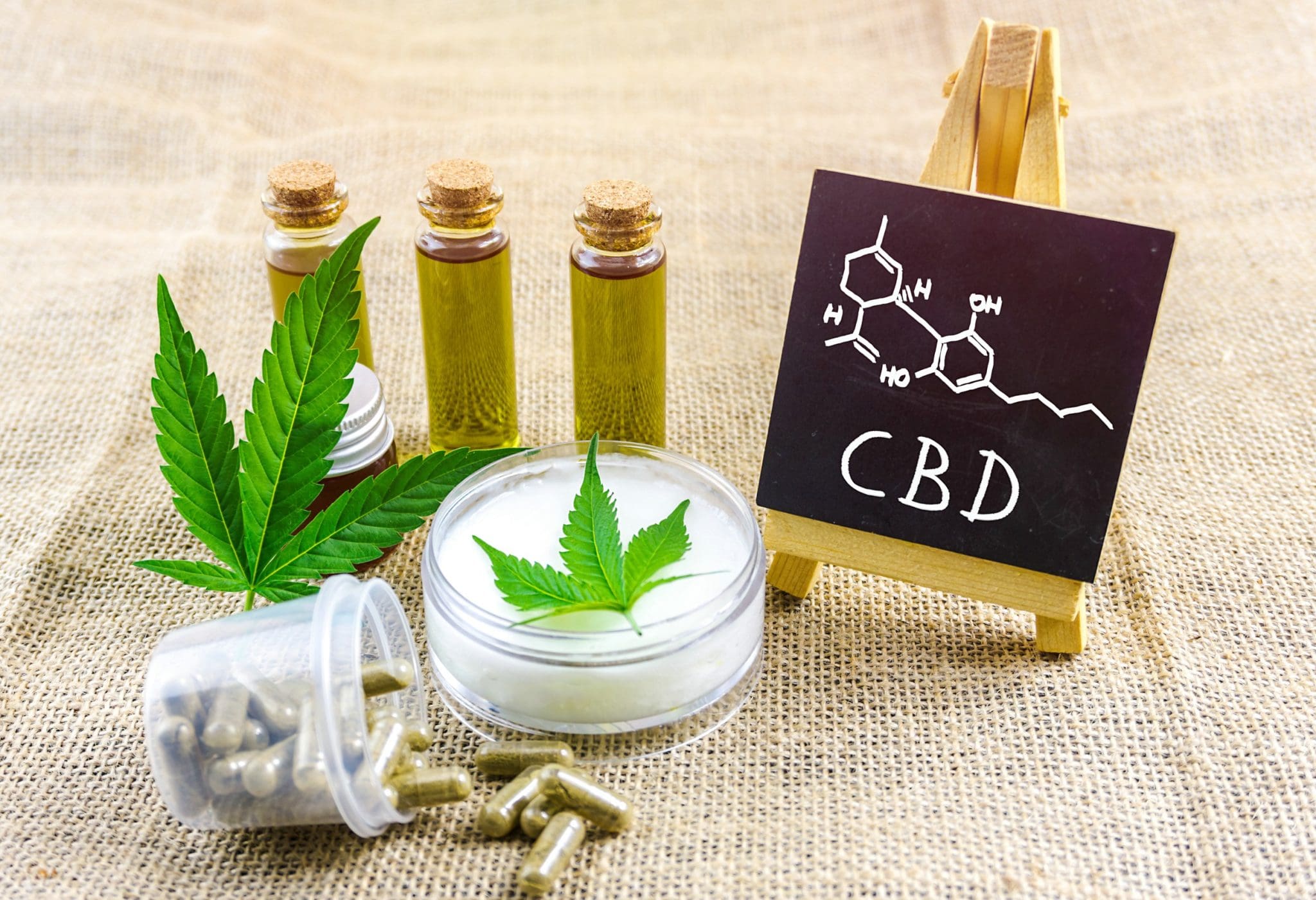Using CBD for Pain Management: What You Need To Know

CBD is everywhere. Oils, topicals, vapes—you name it. But when it comes to long-lasting relief, CBD edibles stand out. They offer a slow, steady release of cannabinoids, making them an appealing option for managing pain.
Let’s break it down. What makes CBD effective? How do edibles compare to other methods? And, most importantly, how can you use them for pain relief?
How Does CBD Work?
CBD (cannabidiol) is a compound found in cannabis that interacts with your body’s endocannabinoid system (ECS), a network of receptors that regulate pain, inflammation, mood, and more. Unlike THC, CBD won’t get you high, but it may help reduce pain signals by influencing CB1 receptors in the brain and CB2 receptors in the immune system.
Research suggests CBD may help with chronic pain, inflammation, and neuropathic pain by modulating these pathways. While scientists are still studying its full potential, many people report relief, particularly with consistent use.
Why Choose CBD Edibles?
CBD can be taken in various forms, but edibles offer distinct advantages. Since they’re metabolized slowly, they provide relief for up to six to eight hours, compared to the shorter duration of tinctures or vaping. This makes them ideal for those who need sustained pain relief throughout the day or night. Gummies and capsules also make dosing easier since each piece contains a pre-measured amount of CBD. There’s no need for a dropper or measuring, making it a convenient option for those new to CBD or looking for a hassle-free experience.
Edibles are also discreet. You don’t have to carry a bottle of oil or a vape pen—just take a gummy or a CBD-infused snack and go about your day. However, because CBD edibles are absorbed through the digestive system, they take longer to kick in. Onset times typically range from 30 to 90 minutes, depending on metabolism and whether you’ve eaten recently. Planning ahead is key.
CBD Edibles vs. Other Methods
Compared to oils, topicals, and vaping, edibles offer a unique balance of convenience and longevity. CBD oil, when taken sublingually, starts working within 15 to 30 minutes but lasts only two to four hours. Topicals, such as creams and balms, provide localized relief but don’t enter the bloodstream, making them better for targeting specific areas rather than full-body effects. Vaping offers the fastest onset, often within seconds, but the effects wear off quickly, usually within one to two hours.
For those looking for steady, long-lasting pain relief without frequent dosing, edibles offer a compelling alternative.
How to Use CBD Edibles for Pain Relief
When starting with CBD edibles, it’s best to begin with a low dose, typically five to ten milligrams, and gradually increase until you find the right amount for your needs. CBD builds up in the system over time, so consistency matters more than taking a high dose all at once. Since edibles take longer to take effect, patience is key—taking more too soon can lead to taking more than necessary.
Choosing high-quality CBD products is crucial. Look for third-party lab-tested edibles to ensure purity, accurate dosing, and the absence of harmful additives. Full-spectrum CBD edibles, which contain other cannabinoids and terpenes, may provide additional benefits through the entourage effect, enhancing CBD’s natural properties.
Final Thoughts
CBD edibles are a promising option for chronic pain management, offering steady, long-lasting relief without the need for frequent dosing. While they may not work overnight, regular use can make a difference.
If you’re interested in exploring the potential of CBD for stress and anxiety relief, check out our post, Using CBD for Stress and Anxiety Relief – Calming the Chaos where we delve deeper into the science and explore how CBD might help you unwind and find calm.
The information contained in this blog post is for informational purposes only and is not intended as a substitute for medical advice, diagnosis, or treatment. Read our full disclaimer.

